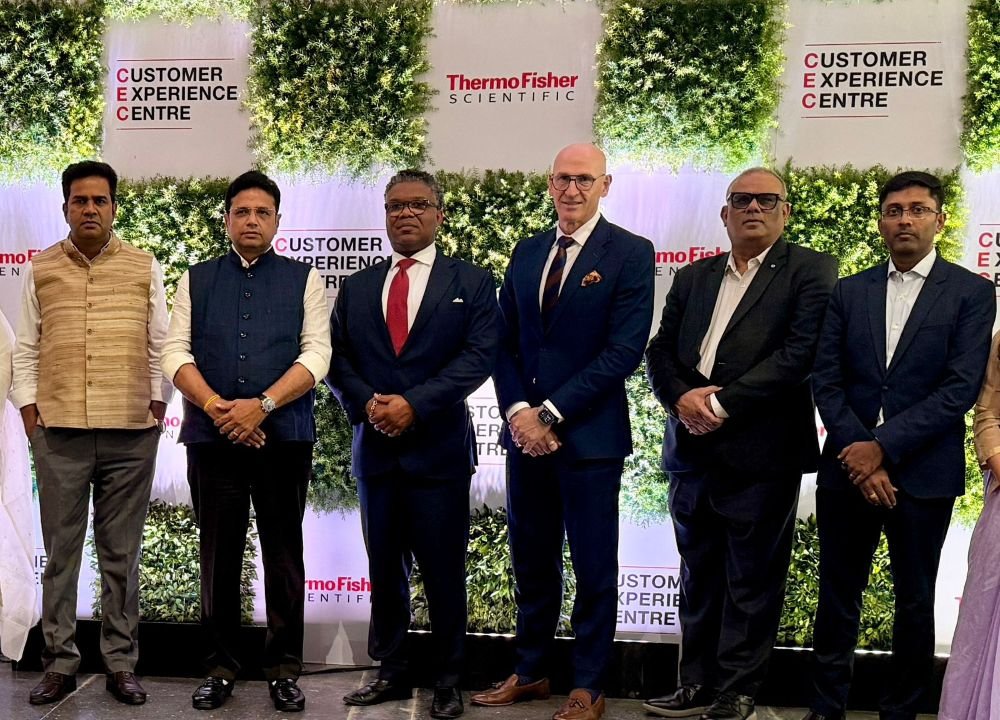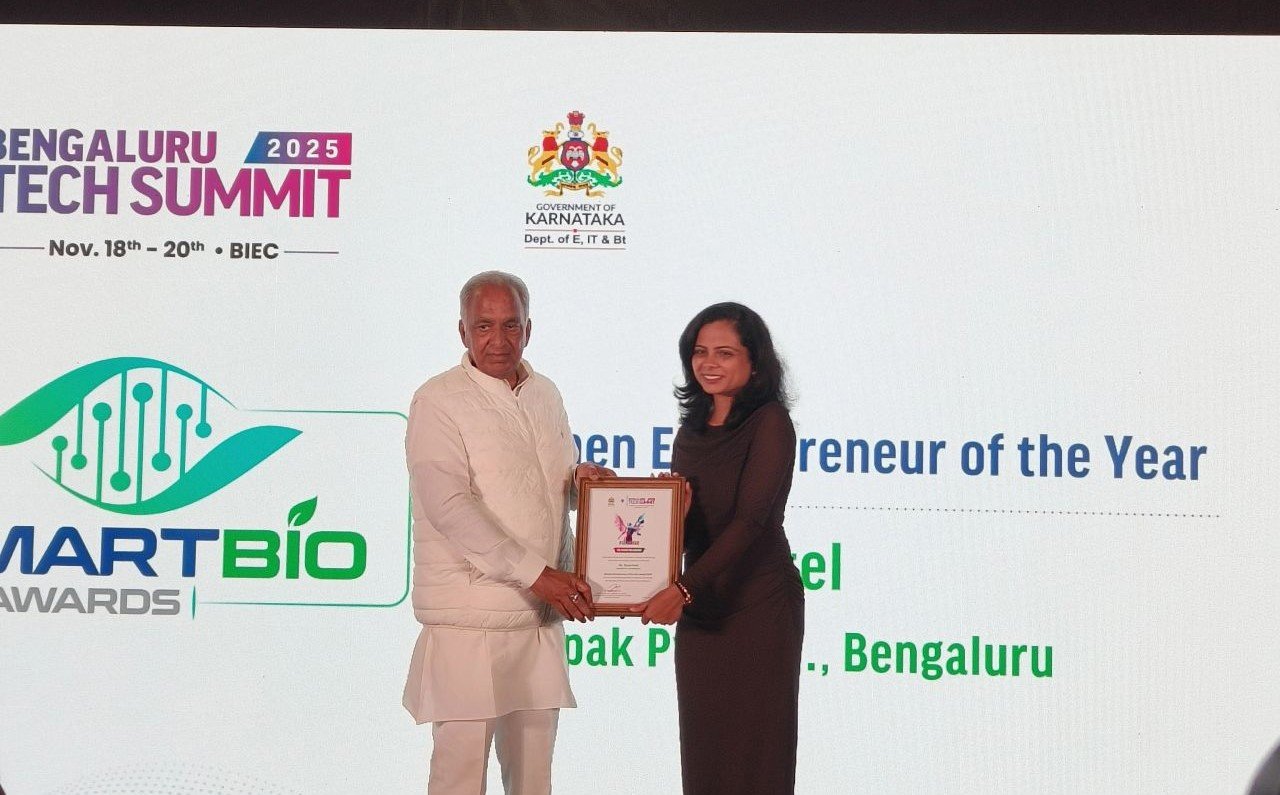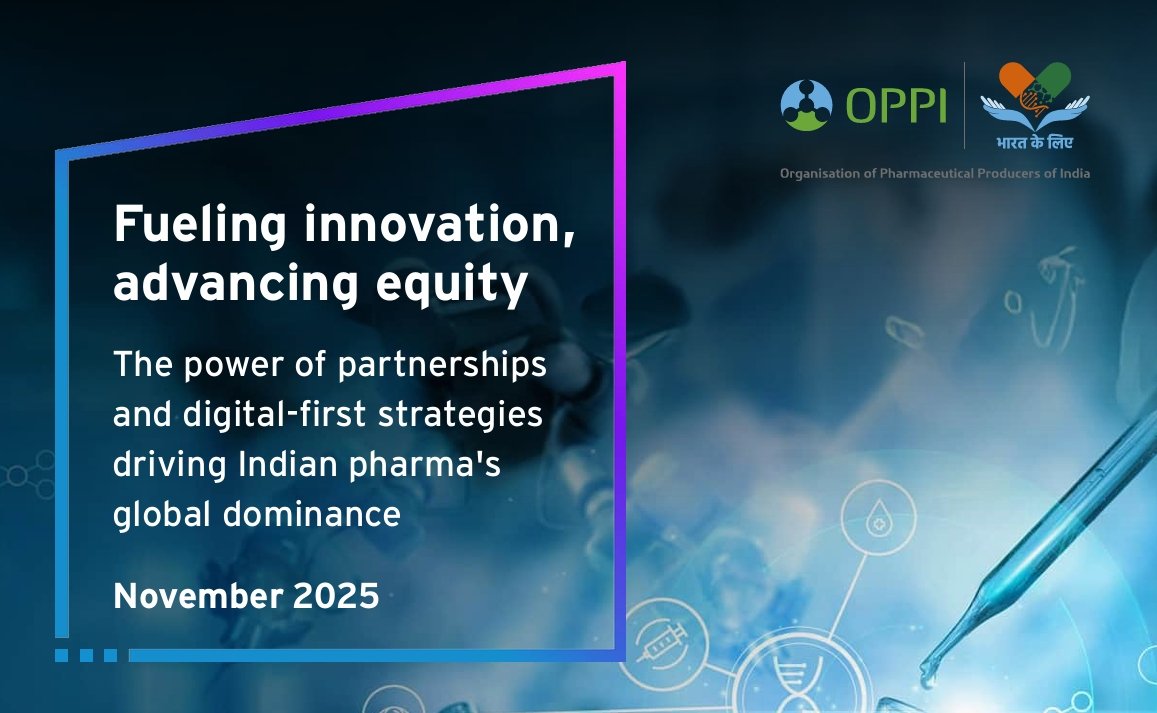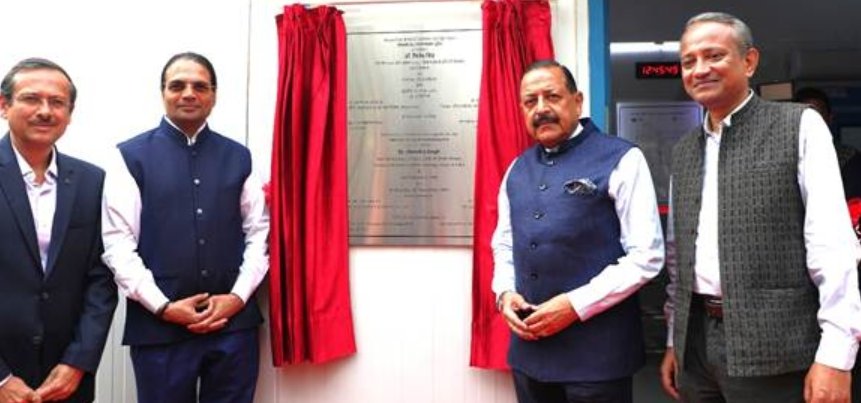Supreme Court says "no" to more transgenic crops
October 18, 2006 | Wednesday | News
Supreme Court says
Supreme Court says "no" to more transgenic
crops
Orders GEAC to keep approvals on hold.
The Supreme Court of India (SCI) on September 22, 2006)
directed the Genetic Engineering Approval Committee (GEAC) not to give approvals
to genetically modified products until further orders. "This has perplexed
the biotech community but exhilarated the anti-biotech lobby, which seems to
read too much in this two-week restriction," said Prof. C Kameswara Rao,
executive secretary, Foundation for Biotechnology Awareness and Education,
Bangalore.
The Supreme Court's directive was in consideration of a
Public Interest Writ Petition (PIL) filed on May 1, 2006 in the matter of Aruna
Rodrigues and Others regarding the Biosafety of Genetically Modified Organisms (GMOs),
which are allowed to be released into the environment. The petition sought for
issue of directions to stop all field trials for all genetically modified
products anywhere and everywhere with immediate effect, besides certain other
considerations.
The Supreme Court's interim order stated that "we are
not inclined to direct stoppage of all field trials at this stage without
(considering) the stand of the respondents. At the same time, we deem it
appropriate to direct GEAC to withhold the approvals till further directions are
issued on hearing all the concerned". The next hearing on the Writ petition
has been fixed for October 13, 2006.
The Supreme Court's order would not apply to field trials
of GM products, which were already approved by the GEAC. The Supreme Court also
stated that the Government would also consider associating independent experts
in GEAC. "The petitioners may give their suggestions to the learned counsel
for the respondents in this regard within a period of one week from September
22."
"The advice of the Court to the Government to 'consider
associating independent experts in the field with the GEAC' is not an issue
with the GEAC, as they had earlier involved other outside experts. The anti-tech
activists too were given an opportunity to present their point of view before
the GEAC," said Prof. Kameswara Rao. The next hearing of the Supreme Court
is on October 13.
The PIL and the key concerns
The writ petition was filed in public interest by Aruna
Rodrigues, an economist and marketing management consultant; Dr Devinder Sharma,
a trained agricultural scientist and writer; PV Sateesh, cofounder and general
secretary of the Deccan Development Society; and Rajeev Baruah, a management
specialist and managing director, Maikaal bioRe.
The petitioners pleaded for a stay against grant of fresh
approvals and of all field trials on genetically modified crops, as they were
concerned with the absence of proper scientific examination of Biosafety
aspects.
Dr Devinder Sharma, one of the petitioners, told BioSpectrum,
"We are seeking a moratorium on GM crops as their biosafety aspects and
their implications are not clear. The GEAC is just a rubber stamp for the
industry. It kept on approving the Bt cotton varieties, while the cotton farmers
were committing suicides. The past four GEAC heads should be held accountable
for the current cotton crisis. How could they approve new Bt cotton varieties,
while the cotton farmers were dying? Now that all claims of the Bt cotton seed
suppliers have turned wrong why are they not being put behind bars? This is
after all not a collateral damage but loss of human life which is a crime. Hence
we have requested the Supreme Court to put clamp on the GEAC till there is
clarity on the issue."
"Currently, we are facing a terrible agricultural
crisis. While at one end the farmers are committing suicides, on the other, the
corporates are pushing the Bt technology. During the cotton crop season, from
2002 to 2005, Monsanto had earned a royalty (technology fee) of Rs 1,400 crore.
And in 2006, their earnings are to the tune of Rs 4,000 crore. How can they
justify such earnings when the farmers are continuously incurring losses? On its
part, GEAC sat on all the crop failure results and kept on pushing newer
varieties for approval. Until we are clear about the technology, it should not
be pushed especially at the cost of the farmers' lives," added Sharma.
The charges made by Dr Sharma are very strong. But according
to the ISAAA spokesperson in India, under the Environment Protection Act there
are bodies which have been assigned different functions involved in the GM crop
trials. "All the activities and the bodies responsible for them are clearly
defined. For example, the Institutional Biosafety Committee (IBSC) looks into
whether the project has been properly established, etc; the Review Committee on
Genetic Manipulation (RCGM) monitors the safety related aspects of the projects,
while the Genetic Engineering Approval Committee (GEAC) looks into the
environmental safety aspect and is responsible for the approval of proposals
relating to the release of genetically modified crops. Since the past three-four
months, all the large scale trials have been approved by the GEAC with the
inputs of the RCGM as per the directive of the Supreme Court."
"The fact is that there is a well-appreciated and robust
multi-step mechanism for biosecurity evaluation of genetically engineered (GE)
crops in the country," informed Prof. Kameswara Rao.
Dr KC Bansal, Principal Scientist, National Research Centre
on Plant Biotechnology, IARI, added, "All the crop varieties are released
after extensive scientific testing and validation. We have an extremely rigorous
biosafety mechanism in the nation, which we follow for every crop that is made
available to the farmers."
Another concern that the Petitioners have raised in their
writ petition is that the "use of technology of genetic engineering and
release of GM organisms into the environment would require application of
precautionary principle, which mandated that every possible precaution must be
taken to ensure that no harmful effects are caused to human and animal health
and environment due to the use of new and unknown technologies and
organisms".
Prof. Kameswara Rao believes this is overstretching the
import of the Precautionary Principle, which advises only a cautious approach,
and was not intended to block deployment of GE products altogether on objections
not supported by science. "Precautionary Principle was also not meant to be
invoked ad infinitum and ad nauseam," said Rao.
Further, the Petitioners state that GE, if allowed to proceed
unchecked, would irrevocably change the molecular structure of the world's
food supply and impact the biodiversity through unrecallable, self replicating
organisms. The reason for this according to the petitioners is that
"scientists do not understand the mechanisms of GE-induced changes in gene
expression in sufficient detail and they do not know what to look for and these
things are termed 'unintended effects'. And one of the most insidious 'unintended'
effects of GE is Horizontal Gene Transfer (HGT) and this concern makes the
technology of GE highly unpredictable and also extremely dangerous and puts in
doubt the safety of GE process itself."
This is a highly imaginative and misleading assumption to
paint a scary scenario, which does not make any scientific sense, says Prof.
Kameswara Rao. "The GEAC is composed of competent experienced agricultural
scientists and other experts who know their responsibility and they have been
doing their job as per the rule of law. What might have disturbed the anti-agribiotech
lobby in India is that the present GEAC is more pro-active and does not
dilly-dally, like its predecessor," added Prof. Rao.
The petition also has other charges that GM companies are
sabotaging regulatory regimes of third world countries, including bribing of
government officials to get clearances; that the Indian farmers and consumers do
not have the choice to better farming prospects and livelihood; that open field
trials of Bt Okra, Bt Brinjal and Bt Rice are being conducted in various parts
of the country on the basis of the safety tests conducted by the companies and
without any independent verification of their safety claims about GM seeds.
Several people in the industry argue that the farmers chose
what was best for them and discarded thousands of varieties of crops that were
in cultivation at the given time. The farmer will continue to exercise a similar
choice and if there were no demand for GE varieties, the market forces will push
them out. "Further the Indian public sector institutions have developed
about 39 GE traits in 23 crops, much more than the private companies," said
Rao. Throughout the world, the product developers provide the basic biosecurity
data based on existing governmental guidelines. They are verified and
supplemented by public institutions and/or accredited private establishments. In
India there are no independent private institutions to conduct biosecurity
evaluations. The Department of Biotechnology (DBT), Government of India, is now
in the process of putting such a mechanism in place. Currently, the independent
public sector research institutions of the Indian Council of Agricultural
Research (ICAR) conduct biosecurity evaluations.
While everyone will eagerly wait for the Supreme Court's
decision, no one in the industry is denying the concerns of biosafety, but they
believe that GM technology should not be rooted out. The evaluation should be on
the basis of scientific evidence.
Ch. Srinivas Rao with Rolly Dureha










